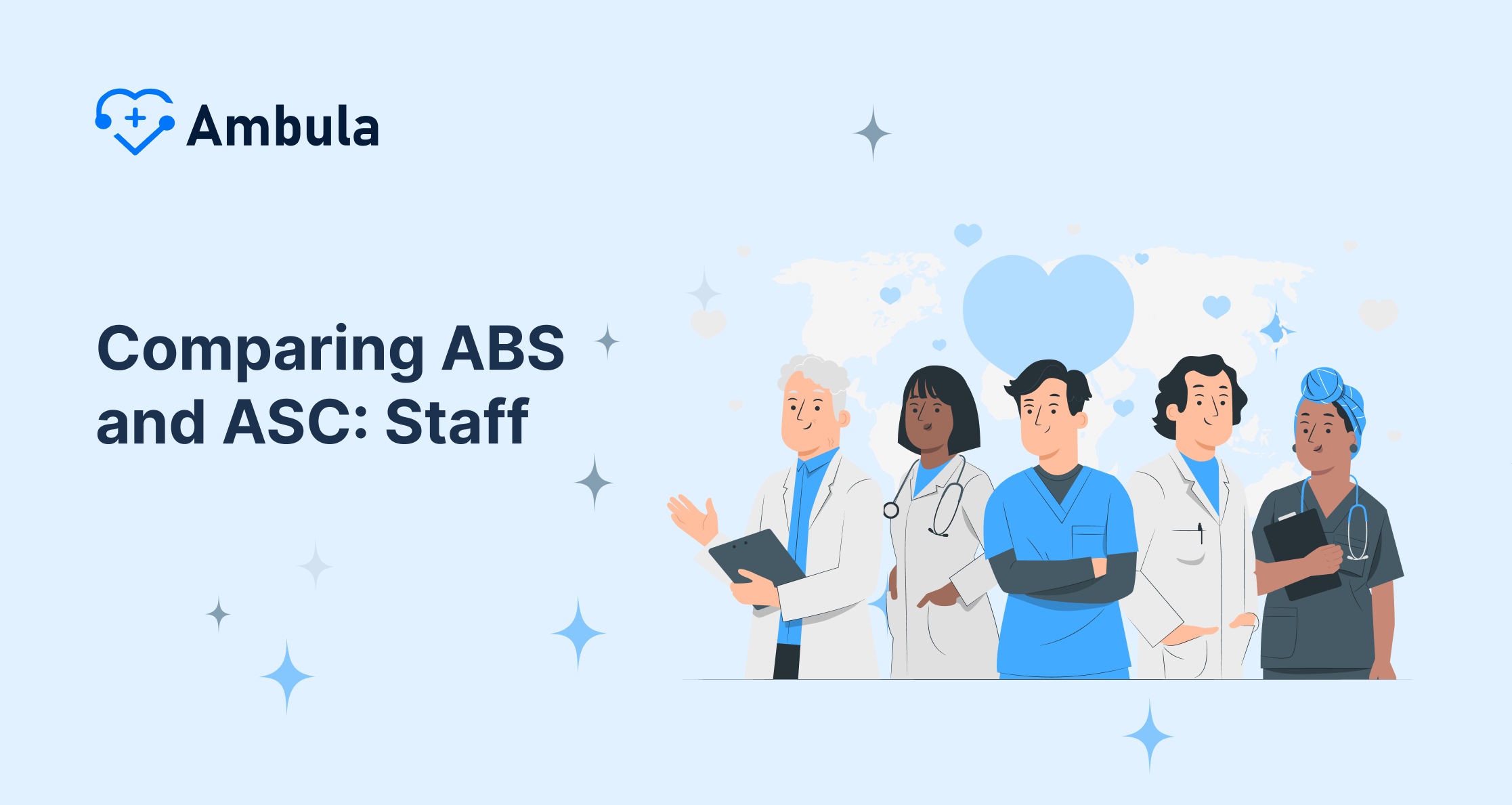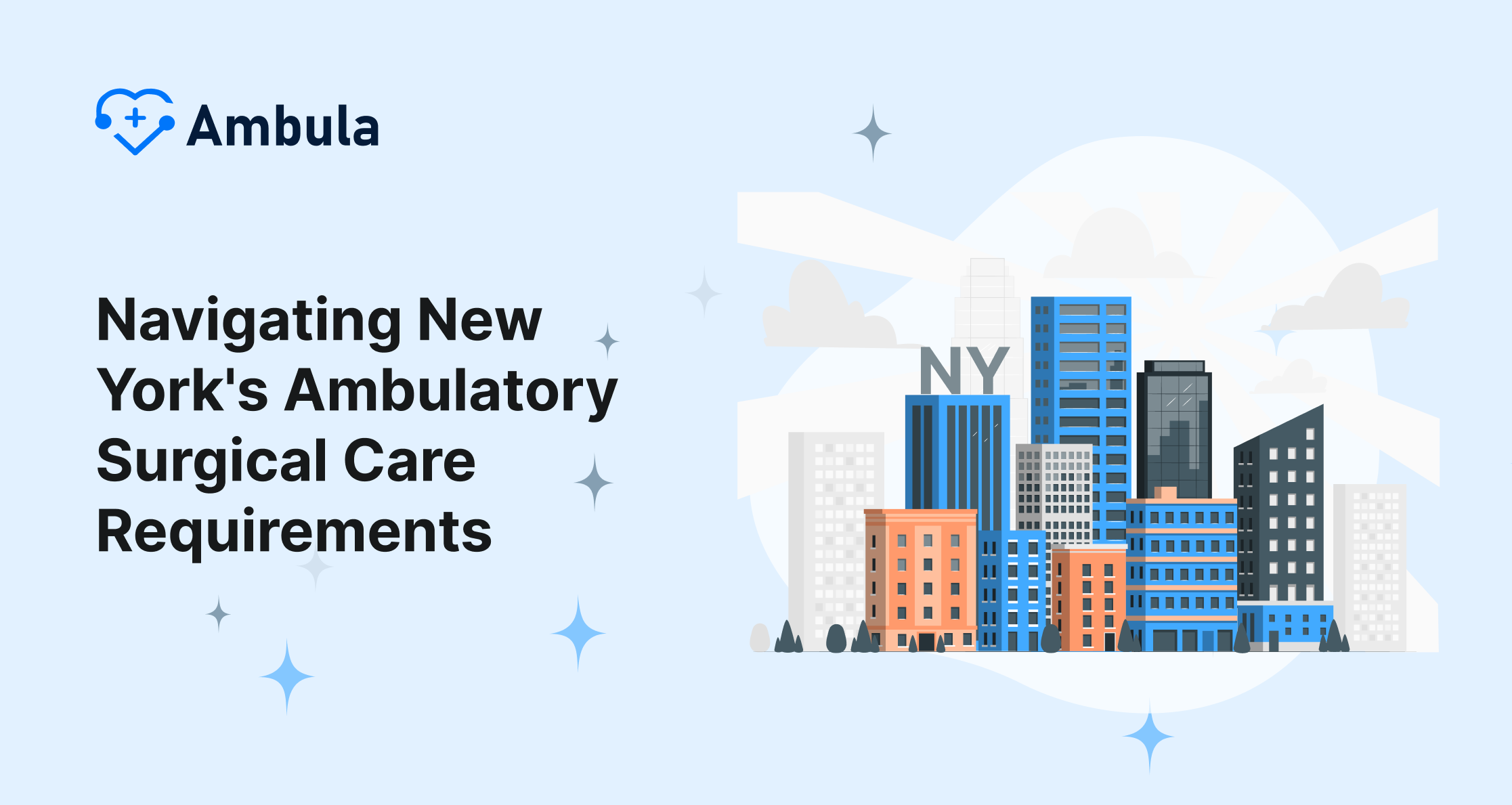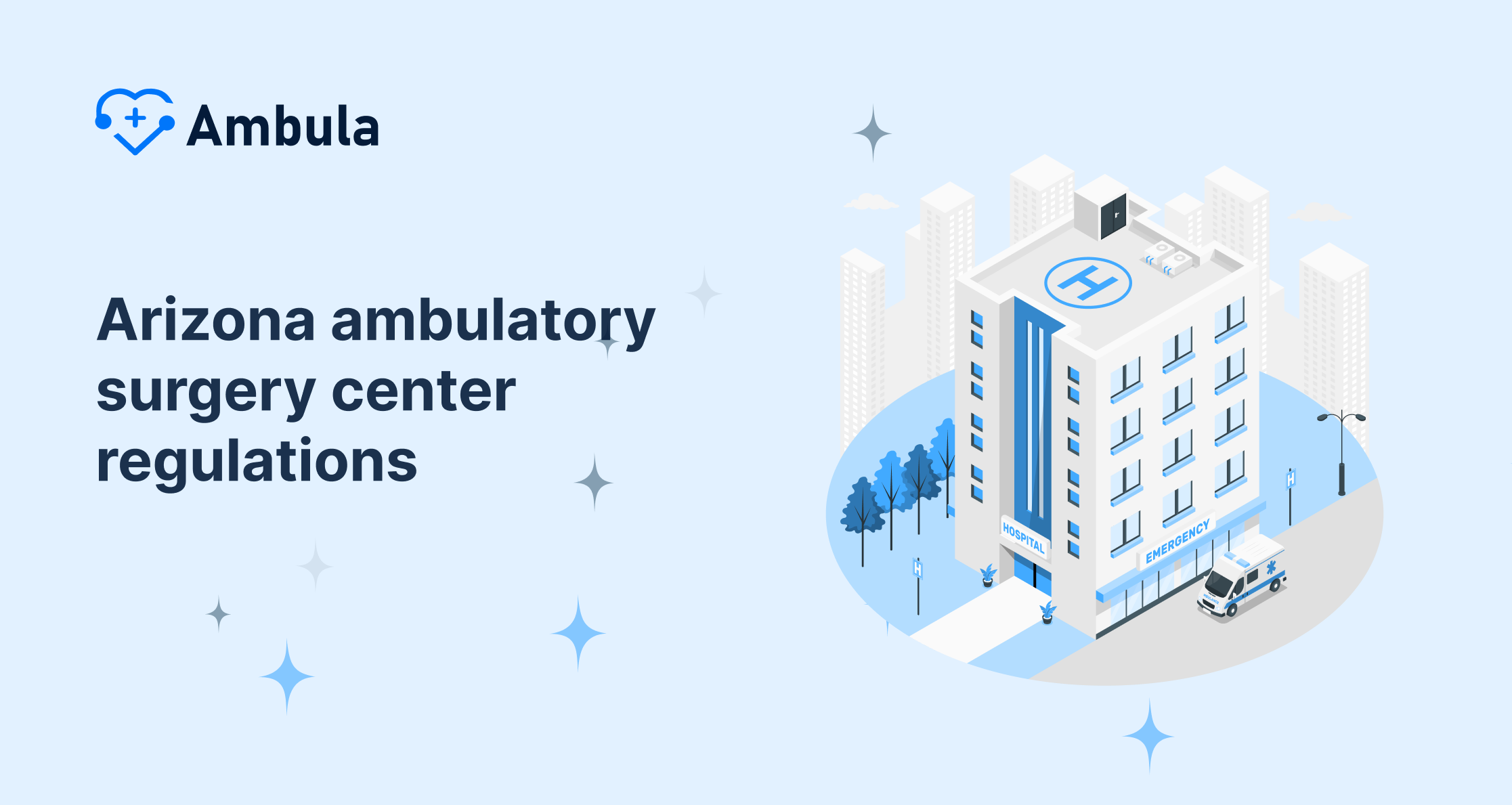In the ever-evolving world of medicine, a welcome trend has been the rise of outpatient surgery. This innovative approach allows patients to undergo surgical procedures without needing an overnight hospital stay. They can recover in the comfort of their own homes, often within the same day. This offers greater convenience and reduces recovery time and associated costs.
Outpatient surgery can occur in two primary settings: office-based surgery (OBS) and ambulatory surgical centers (ASCs). OBS utilizes a dedicated suite within a doctor’s office, offering a familiar patient environment. ASCs, on the other hand, are freestanding facilities specifically designed for outpatient procedures. Understanding the nuances of each setting is crucial for both patients and healthcare professionals when determining the most suitable option for a particular surgery.
What is Office-Based Surgery (OBS)?
Office-based surgery (OBS) offers a unique twist on the traditional surgical experience. Imagine undergoing a procedure not in a sterile hospital environment but within a dedicated suite in your doctor’s office. This is the essence of OBS. These suites are designed to meet surgical needs, equipped with essential tools, and staffed by qualified personnel.
The beauty of OBS lies in its suitability for a range of less complex procedures. Think of it as a streamlined version of surgery, perfect for addressing common concerns. Mole removal, a quick and often anxiety-provoking procedure, becomes a breeze in the familiar setting of your doctor’s office. Similarly, skin biopsies for suspicious lesions can be performed efficiently with minimal disruption to your day. Even some cosmetic procedures, like liposuction or, in some instances, cataract surgery, can be safely conducted within an OBS suite. The key takeaway? OBS provides a convenient and efficient option for various surgical needs, often allowing you to return home and resume your routine the same day.
Advantages of OBS
- Reduced Cost: OBS facilities have lower overhead than hospitals, leading to potentially significant cost savings on facility fees and overall surgery.
- Familiarity and Comfort: Procedures occur in your doctor’s office, a known environment with friendly staff, reducing pre-surgery anxiety.
- Streamlined Process: Less paperwork and fewer administrative hurdles make for a smoother pre-surgical experience.
What is an Ambulatory Surgical Center (ASC)?
Unlike the familiar confines of your doctor’s office, Ambulatory Surgical Centers (ASCs) offer a distinct environment for outpatient surgery. Imagine a freestanding facility, a modern medical building dedicated to same-day surgical procedures. This is the essence of an ASC. These centers are meticulously designed to meet the specific needs of outpatient surgery. They boast state-of-the-art equipment, dedicated operating rooms, and recovery areas tailored for patient comfort. This specialized environment allows ASCs to handle a wider range of procedures than office-based surgery suites.
Types of procedures commonly performed in ASCs
Unlike the cozy confines of your doctor’s office, Ambulatory Surgical Centers (ASCs) paint a different picture. Imagine a freestanding facility, a modern medical building dedicated to same-day surgical procedures. This is the essence of an ASC. These centers are meticulously designed for the specific needs of outpatient surgery, boasting state-of-the-art equipment, dedicated operating rooms, and recovery areas specifically tailored for patient comfort.
The key difference lies in the scope of procedures handled. ASCs are equipped to tackle a wider range of procedures compared to office-based surgery suites. This could include intricate examinations like colonoscopies, where a tiny camera is used to examine the inner lining of your large intestine. Pain management becomes more specialized at ASCs, with access to sophisticated pain-relieving injections targeted at specific areas. Similarly, various endoscopic procedures involving using a thin, lighted tube to examine internal organs can be performed with greater precision and advanced equipment available at ASCs. This expanded capability makes ASCs suitable for a broader spectrum of surgical needs.
Advantages of ASCs
- Advanced Equipment and Technology: ASCs boast state-of-the-art equipment designed for outpatient surgery, allowing for more precise and potentially less invasive procedures.
- Specialized Staff: ASCs are staffed by medical professionals with extensive experience in outpatient surgery, ensuring a smooth and efficient surgical experience.
- Wider Range of Procedures: Compared to OBS, ASCs can handle a broader spectrum of procedures, including intricate examinations, specialized pain management injections, and various endoscopic procedures requiring advanced equipment.
Comparing OBS and ASC: Facility
This section focuses on the key differences in the physical setting between office-based surgery (OBS) and ambulatory surgical centers (ASCs). Here’s a breakdown in bullet points:
- Location:
- OBS: Located within a doctor’s office, often utilizing a dedicated suite specifically equipped for surgical procedures.
- ASC: Freestanding facility designed and built specifically for outpatient surgery.
- Ambiance:
- OBS: Offers a familiar environment, similar to a typical doctor’s office visit. This can be comforting for patients who are already familiar with the staff and surroundings.
- ASC: Designed with a more clinical atmosphere, featuring dedicated operating rooms, recovery areas, and specialized equipment. This fosters a professional environment optimized for surgical procedures.
Comparing OBS and ASC: Staff
This section dives into the staffing differences between office-based surgery (OBS) and ambulatory surgical centers (ASCs). Here’s a breakdown of the key distinctions:
- OBS Staff:
- It may include nurses and assistants who handle various duties within the doctor’s office, including surgery support.
- Anesthesiologists might not be readily available on-site and may need to be called in.
- ASC Staff:
- Comprised of medical professionals dedicated solely to outpatient surgery, with specialized training and experience in this specific setting.
- Staffed with anesthesiologists or certified registered nurse anesthetists (CRNAs) readily available to provide anesthesia during procedures.
Comparing OBS and ASC: Complexity of the Procedure
This section highlights the varying levels of complexity that office-based surgery (OBS) and ambulatory surgical centers (ASCs) are suited for.
- OBS:
- Generally, it caters to less complex procedures.
- Often involves minimal anesthesia requirements, like local anesthesia or light sedation.
- Examples include skin biopsies, mole removal, and some liposuction procedures.
- ASC:
- Equipped to handle a wider range of procedures, including some more complex surgeries.
- Can accommodate procedures requiring deeper anesthesia, such as general anesthesia or regional anesthesia.
- Examples include colonoscopies, pain management injections targeting specific nerves, and various endoscopic procedures that may require specialized equipment.
Choosing the Right Stage for Your Surgery
The world of medicine is constantly evolving, and one of the most welcome trends is the rise of outpatient surgery. This innovative approach allows patients to undergo surgical procedures without needing an overnight hospital stay, promoting faster recovery and reduced costs. Within the realm of outpatient surgery, there are two primary settings: office-based surgery (OBS) and ambulatory surgical centers (ASCs). Understanding each environment’s nuances is crucial for patients and healthcare professionals when determining the most suitable option for a particular surgery.
Ultimately, the decision between OBS and ASC boils down to several factors. OBS can offer a familiar and potentially more cost-effective environment for less complex procedures with minimal anesthesia requirements. However, if the procedure is more intricate or requires specialized equipment or deeper anesthesia techniques, an ASC might be the better choice. Additionally, patient preference plays a role. Some may find comfort in the familiarity of their doctor’s office, while others may prefer the dedicated environment and amenities an ASC offers.







